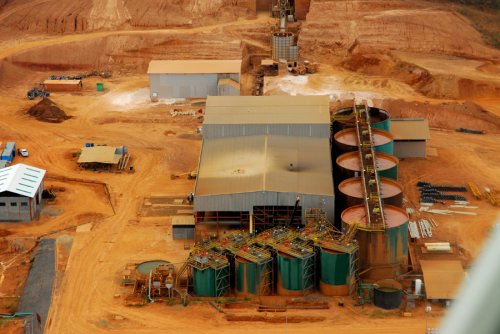ISDS Blog (Stockholm Chamber of Commerce) | 6 February 2017
Case summary: Rusoro v. Venezuela
This case summary is based on the August 2016 award in the case between Rusoro and Venezuela.
Venezuelan president Hugo Chavez nationalized the Venezuelan gold sector through an official decree during the summer 2011. The decree meant that the state took over all assets and rights from foreign gold companies active in the country, and that private companies were prohibited from exporting gold out of Venezuela.
Rusoro, a Canadian company with extensive gold production investments in Venezuela, claimed that the decree violated the bilateral investment treaty between Canada and Venezuela.
During the arbitration, the state did not deny that an expropriation had taken place, but it claimed that it was done in a legal manner (the state did contest the tribunal’s jurisdiction and Rusoro’s damage claims).
The tribunal rejected some of Rusoro’s claims on procedural grounds but found that the state had unlawfully expropriated the investor’s assets. Although the tribunal did concede that Venezuela had a right to expropriate on political grounds, and that it had done so in accordance with its own laws and in a non-discriminatory manner, it said that the state should have compensated Rusoro. Since no compensation had been paid, Venezuela had violated the treaty.
A large part of the award deals with the quantification of Rusoro’s losses (i.e. how much the state should pay as compensation for the expropriation). After hearing both sides’ economic experts, the tribunal valued Rusoro’s losses to $1,2 billion plus interest.



